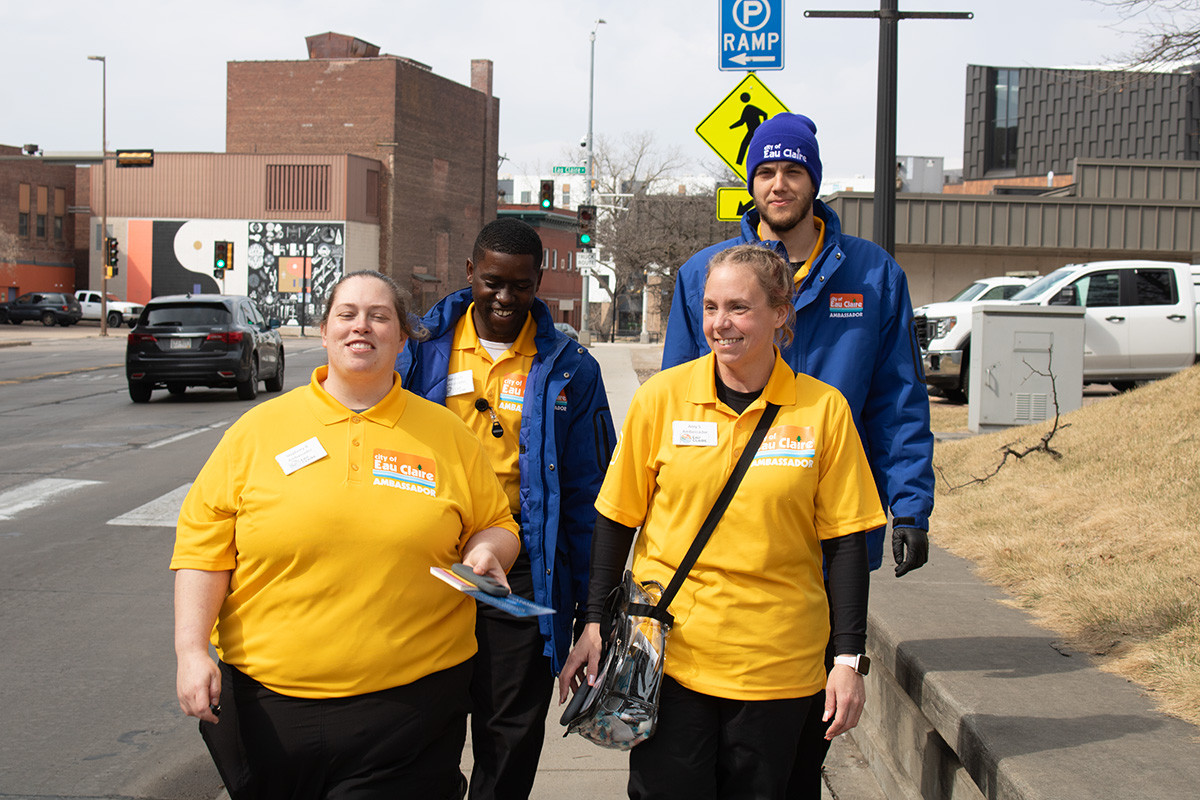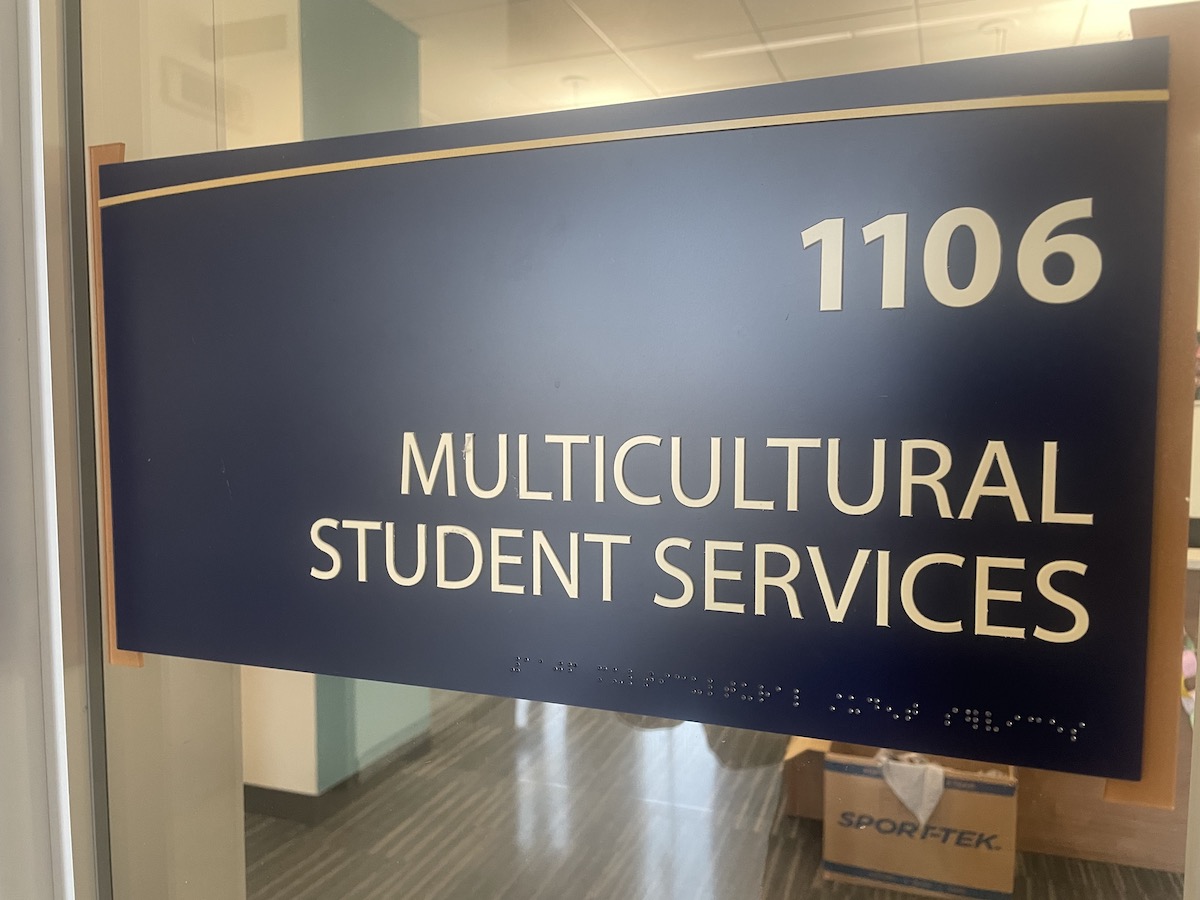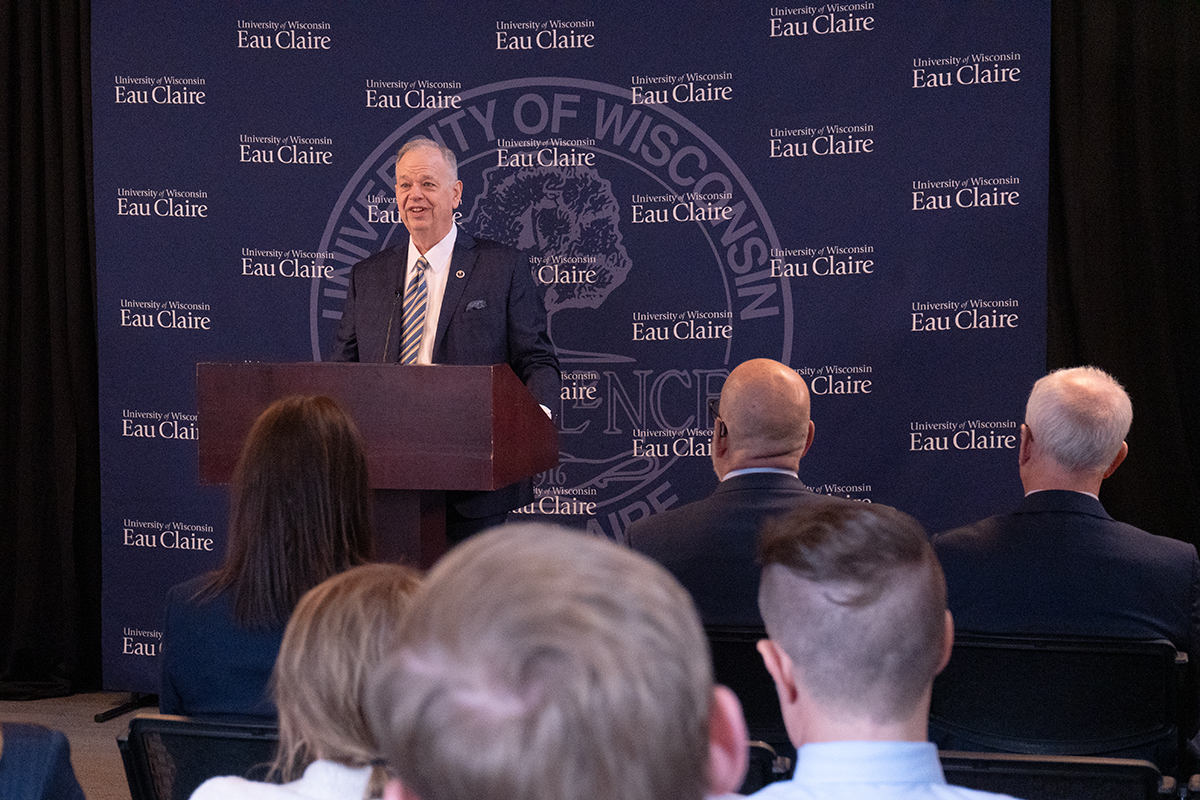With cuts to the university’s budget likely forthcoming, the chancellor and Student Senate are reaching out to students for advice.
Chancellor Brian Levin-Stankevich and Senate President Tim Lauer sent an e-mail to students last week seeking input in the face of probable near-future cuts in state funding to the university. Levin-Stankevich said student responses will be collected through the end of this week.
The university has been told to prepare for up to $2.5 million in budget cuts in the near future, said Levin-Stankevich, who estimated the cut will amount to about a 5 to 7 percent slash from the school’s normal $48 million state funding amount.
The chancellor said he expects a tuition hike will likely be part of the solution, though he said the university won’t be in control of any changes to tuition costs.
“Everybody’s got a say in that except us,” he said, adding the UW System Board of Regents, the governor and state Legislature will all determine any changes in tuition.
“We’re looking right now at just being as frugal as we can with our existing costs now,” Levin-Stankevich said.
Lauer said earlier this semester the school might see certain services “on the chopping block,” but added he didn’t know at the time what services might get trimmed.
Administrative and travel costs are already being re-examined, said Levin-Stankevich, who added some upper-level electives might also be cut and revenue-generating programs expanded.
“I think we’re going into a period of time where there are simply going to be fewer choices,” the chancellor said.
Sophomore Matt Sackmann said he responded to the chancellor’s and Senate president’s e-mail with several suggestions for helping stanch the university’s financial cuts.
“I was thinking in order to save money they could shut off lights from between 11 and 1 o’clock in all dorms since most kids are in class and they’re on lower campus,” Sackmann said. “So that’ll be what, like eight buildings with no lights for two hours.”
Sackmann also suggested collecting ink cartridges in the dorms, explaining that some companies pay for used cartridges.
Other students said they were glad the university was seeking their advice, and hoped school officials would actually listen to the input from students.
“I think that’s the best thing that they could do,” said senior Chris Hagens, “if they actually listen to (the students).”






